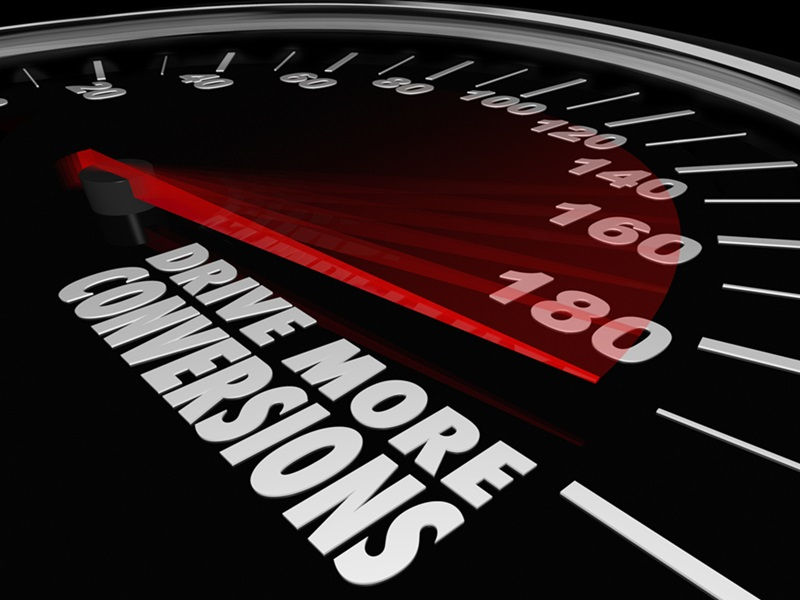
Speedy Sites are the Need of the Hour
Have you noticed that you are losing customers on account of a slow-loading website? Are your visitors getting frustrated and are you ending up missing leads & sales? If you have a slow-loading website, it means and the chances are high that web shoppers will abandon your site very fast. So exactly how fast should a site load? Though website survey reports will state that your site needs to load in under 4 seconds for visitors to even consider looking at it, that’s not necessarily how it always is.
Aim for Speed
Ideally, you must aim to ensure that your site downloads as fast as possible. Certain sites which need virtual tours or a lot of photography are going to take much longer than a site that has only textual content or very little graphics. Though sub-second response times are not really a very realistic expectation or goal; if your site has a lot of images, videos etc, you will have to ensure that you adopt certain measures to speed-up your site’s loading times.
The Site Speed-SEO Connect
Is there a connect between site speed and SEO? The fact is that Google considers speed to be important. If the truth be told, to a certain degree Google is obsessed with the speed at which a website page loads. It is 1 of the 200 + signals that the search engine utilises to determine ranking for mobile as well as desktop sites.
Why Site Speed is Even More Important on Mobile
The faster your site; the better your ranking- more the organic traffic. Though this is just one of several factors that determine the ranking of your site, it’s not something you can ignore. This is especially important as slow-loading mobile sites can be penalised heavily. If your site is strongly-visible; has high-traffic generics that drives a significant amount of traffic to your particular domain, any page-load time delays of even a few milliseconds might be sufficient to tip user-behaviour trends against your website when compared with a rival site.
The Snowball Effect
Eventually that particular trend will snowball, and before long, negative ranking will begin creeping-in across the board with highest traffic-terms being hit first. Page Speed is a crucial element of the digital user experience, and it is extremely important in the current landscape where everything is content-driven. Emerging markets are now very evidently dominated by mobile use, but cellular connections are not up to the mark across this space. This is exactly why a fast-loading site becomes a very crucial factor in enhancing user-experience.
Slow-Loading Websites- The Common Culprits
Though there are a number of factors that contribute to the slowing-down of a website, here are the 3 most-common ones:
Unoptimised Images
If a site has a large number of un-optimised images; they will consume large amounts of bandwidth. Ensure that all the images on your site are re-sized
Excessive Fancy Flash
This can significantly slow-down your site. Flash is a heavyweight software-it’s massive and bulky and in most cases, it is also not compatible with mobile devices. It means that a large percentage of your audience will not be able to access it.
External Embedded Media
If there is external media usage on your site, it will result in a slow-down. Limit the number of videos and other jazz that you embed on your site
Don’t lag behind the competition in the wake of a slow site. The minute you make a concerted effort on all fronts to speed up your website and ensure that all the brake-factors are eliminated, you will find that your site is running much faster, your visitors are lingering a little longer and conversions and sales are taking place at a faster rate.
Thanks for reading,
Bizow Online
